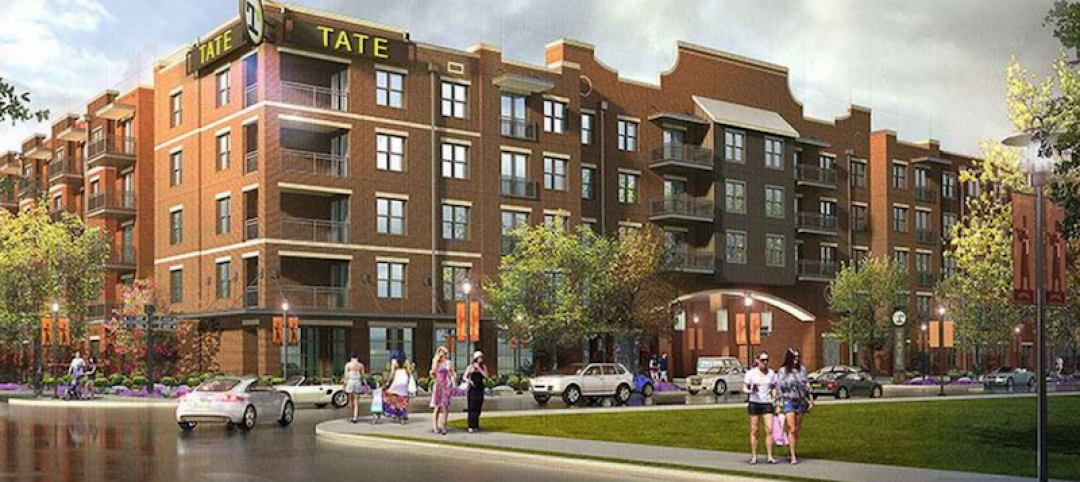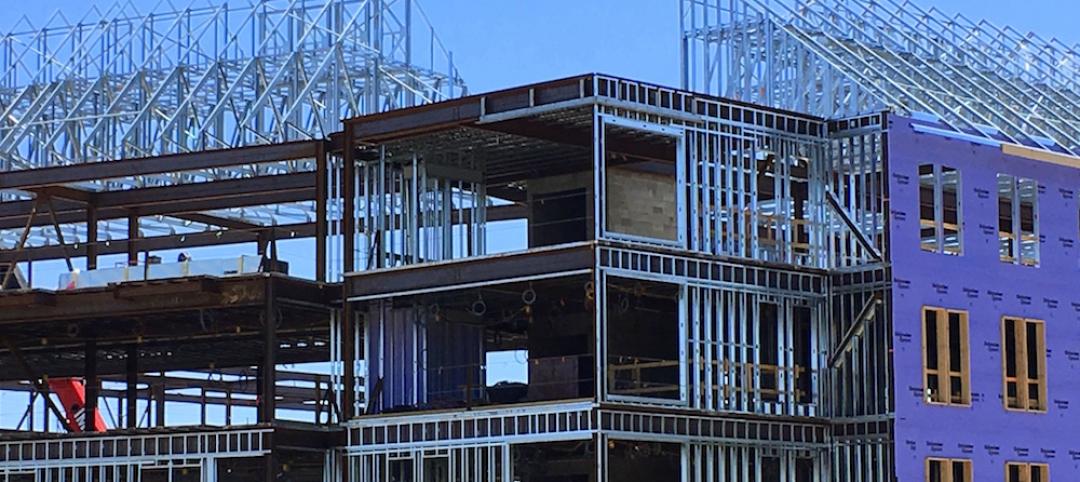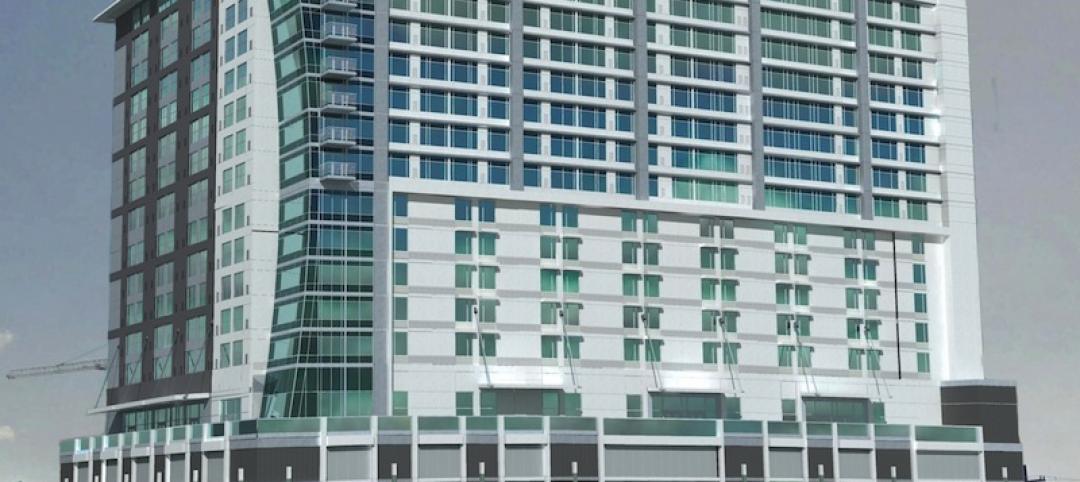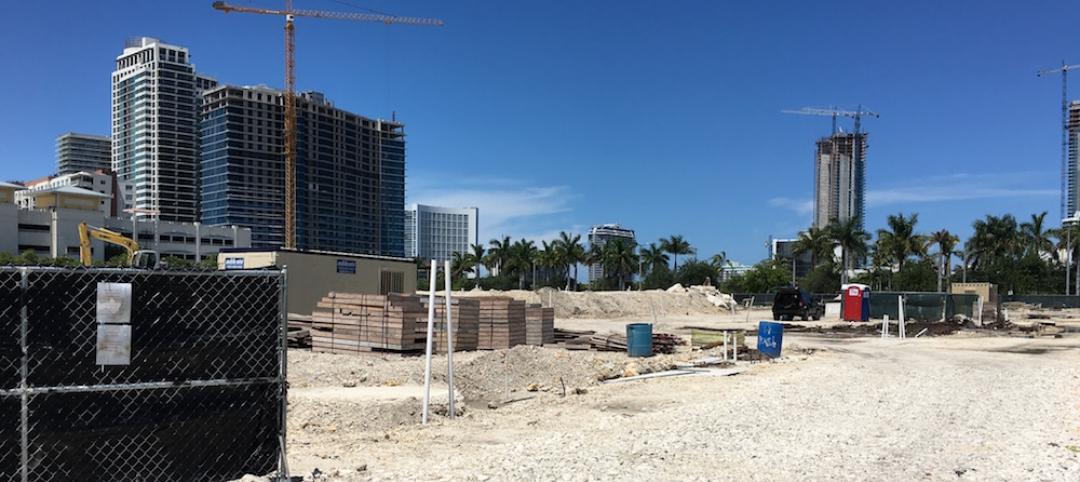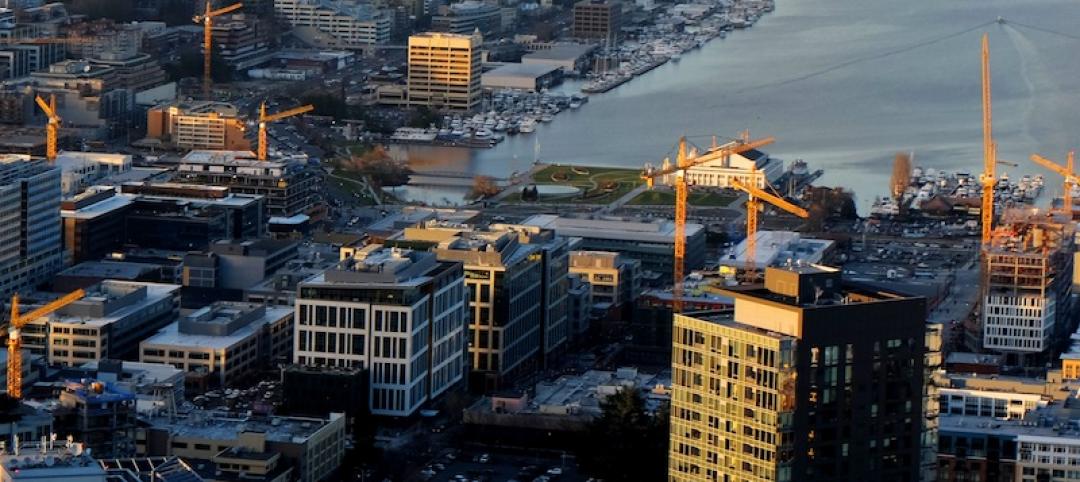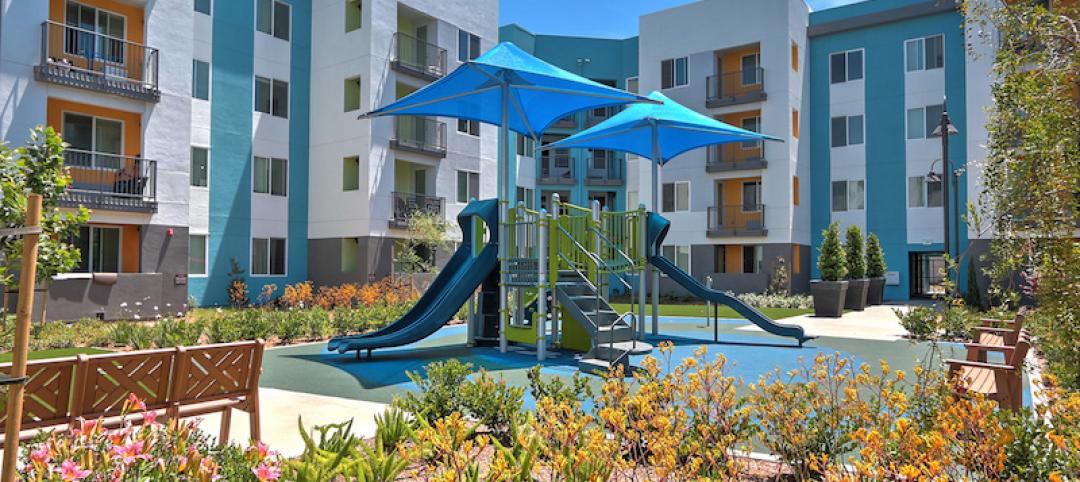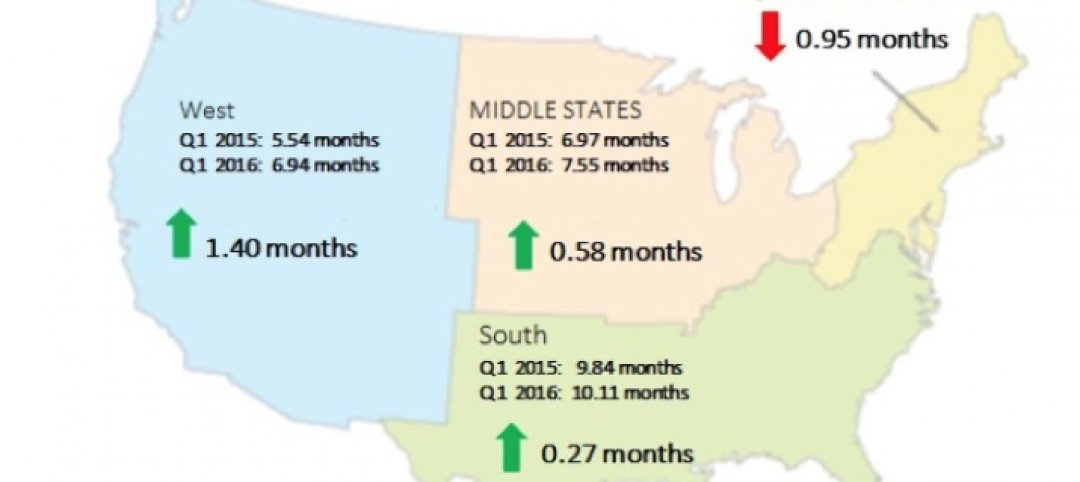Construction employment increased by 84,000 jobs in October, with jobs added in both nonresidential and residential categories, according to an analysis by the Associated General Contractors of America of government data released today. Association officials cautioned, however, that the pandemic is causing a growing number of construction projects to be canceled or delayed, according to a survey the association released in late October.
“The employment data for October is good news, but our latest survey found that only a minority of contractors expect to add to their workforce in the next 12 months,” said Ken Simonson, the association’s chief economist. “As project cancellations mount, so too will job losses on the nonresidential side unless the federal government provides funding for infrastructure and relief for contractors.”
Construction employment climbed to 7,345,000 in October, an increase of 1.2% compared to September. However, employment in the sector is down by 294,000 or 3.9% since the most recent peak in February, just before the pandemic triggered widespread project cancellations. Despite the employment pickup in October, nonresidential construction employment—comprising nonresidential building, specialty trades, and heavy and civil engineering construction—remains 262,000 jobs or 5.6% below its recent peak in February, Simonson noted.
The construction economist added that residential construction, covering residential building and specialty trade contractors, has had a stronger recovery, with employment down by just 32,000 jobs or 1.1% since February. The industry’s unemployment rate in October was 6.8%, with 674,000 former construction workers idled. These figures were the lowest since the pandemic struck but considerably higher than the October 2019 figures of 4.0% and 398,000 workers, respectively, the economist added.
In the association’s October survey, which covered more than 1,000 contractors that perform all types of nonresidential and multifamily construction, three out of four respondents reported that a scheduled project had been postponed or canceled. Only 37% of respondents expect their headcount to increase over the next 12 months. That was a sharp drop from the 75% who predicted an increase in the association’s annual Hiring and Business Outlook Survey released last December.
Association officials said they were encouraged by reports that Congress plans to consider new coronavirus relief measures before the end of the year. They noted that new measures, including investments in infrastructure, new Paycheck Protection Program flexibility and tax relief, and liability reforms will help offset the impacts of the growing number of project cancellations and delays.
“Congressional leaders understand that employers cannot afford to wait until next year for relief from the broad economic impacts of the coronavirus pandemic,” said Stephen E. Sandherr, the association’s chief executive officer. “We stand ready to work with Congress to make sure any new relief measures include new infrastructure investments, tax relief and liability reform so honest firms don’t fall victim to predatory lawyers seeking to profit from the coronavirus.”
Related Stories
Multifamily Housing | Aug 12, 2016
Apartment completions in largest metros on pace to increase by 50% in 2016
Texas is leading this multifamily construction boom, according to latest RENTCafé estimates.
Market Data | Jul 29, 2016
ABC: Output expands, but nonresidential fixed investment falters
Nonresidential fixed investment fell for a third consecutive quarter, as indicated by Bureau of Economic Analysis data.
Industry Research | Jul 26, 2016
AIA consensus forecast sees construction spending on rise through next year
But several factors could make the industry downshift.
Architects | Jul 20, 2016
AIA: Architecture Billings Index remains on solid footing
The June ABI score was down from May, but the figure was positive for the fifth consecutive month.
Market Data | Jul 7, 2016
Airbnb alleged to worsen housing crunch in New York City
Allegedly removing thousands of housing units from market, driving up rents.
Market Data | Jul 6, 2016
Construction spending falls 0.8% from April to May
The private and public sectors have a combined estimated seasonally adjusted annual rate of $1.14 trillion.
Market Data | Jul 6, 2016
A thriving economy and influx of businesses spur construction in downtown Seattle
Development investment is twice what it was five years ago.
Multifamily Housing | Jul 5, 2016
Apartments continue to shrink, rents continue to rise
Latest survey by RENTCafé tracks size changes in 95 metros.
Multifamily Housing | Jun 22, 2016
Can multifamily construction keep up with projected demand?
The Joint Center for Housing Studies’ latest disection of America’s housing market finds moderate- and low-priced rentals in short supply.
Contractors | Jun 21, 2016
Bigness counts when it comes to construction backlogs
Large companies that can attract talent are better able to commit to more work, according to a national trade group for builders and contractors.



